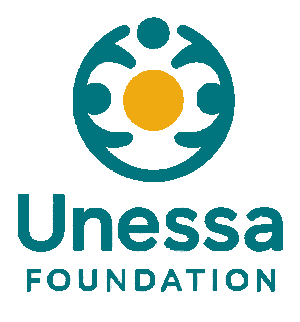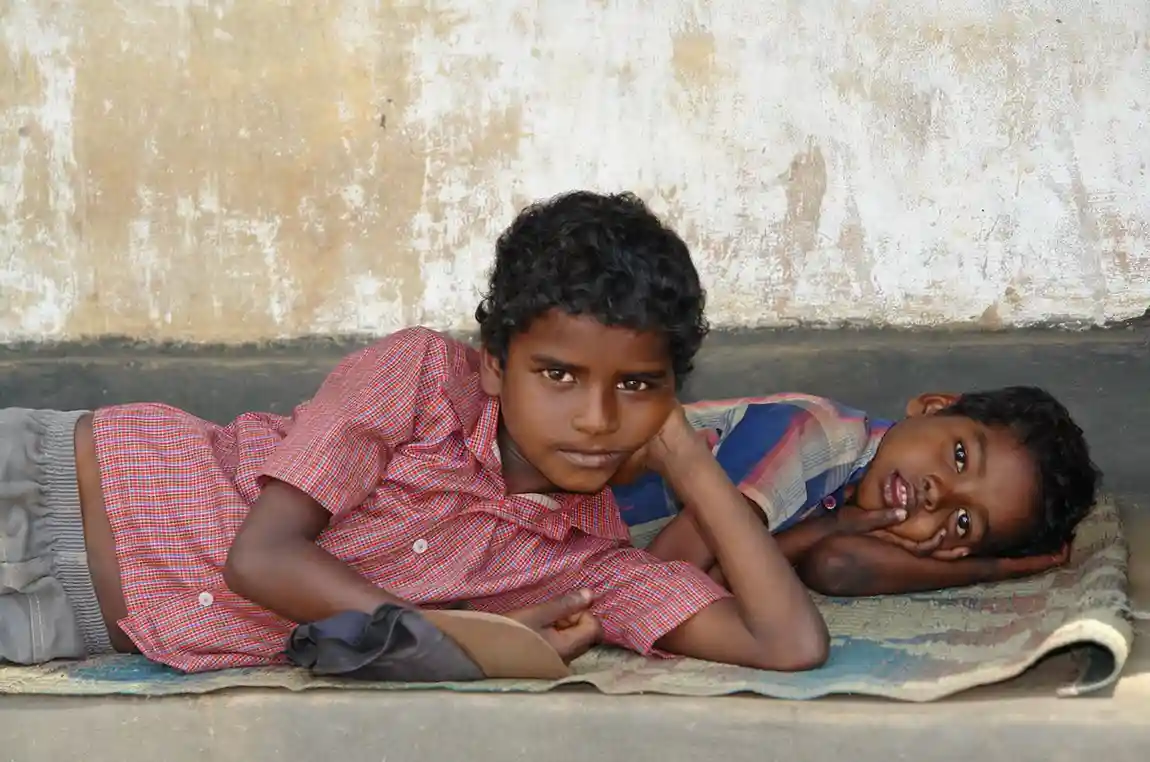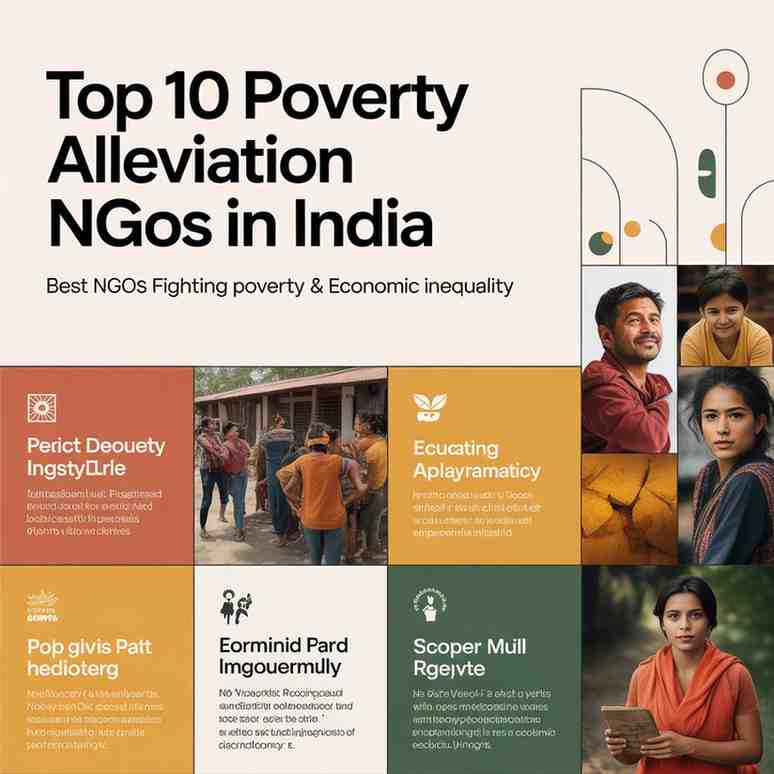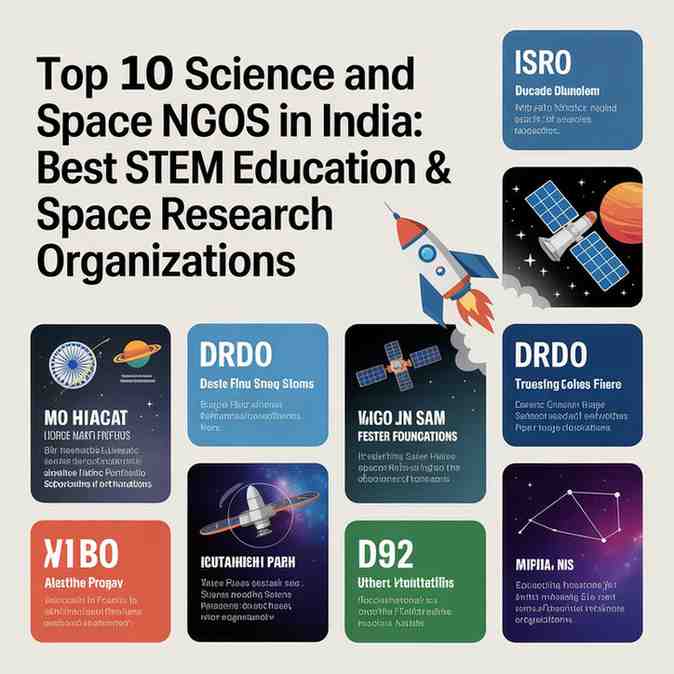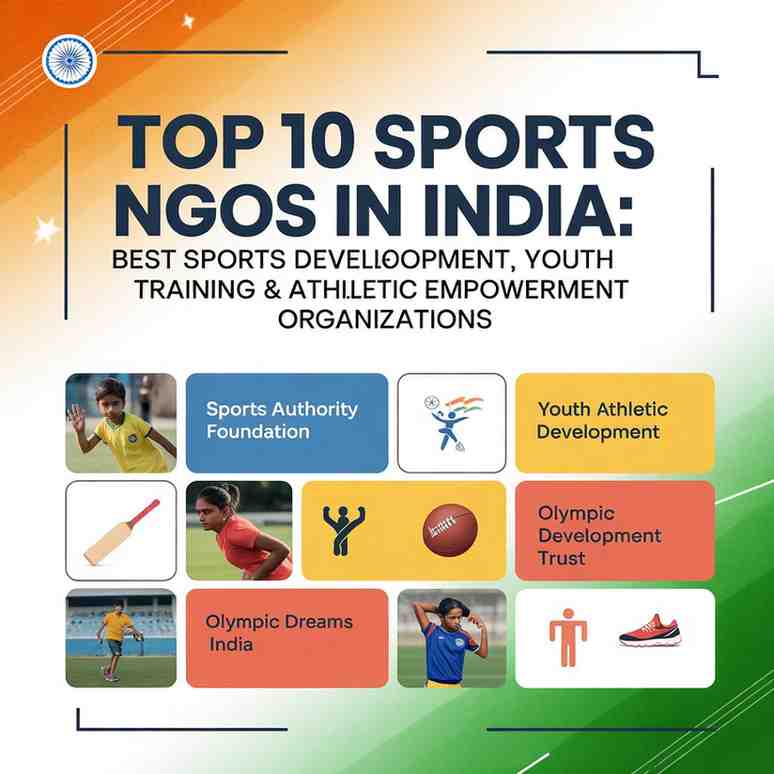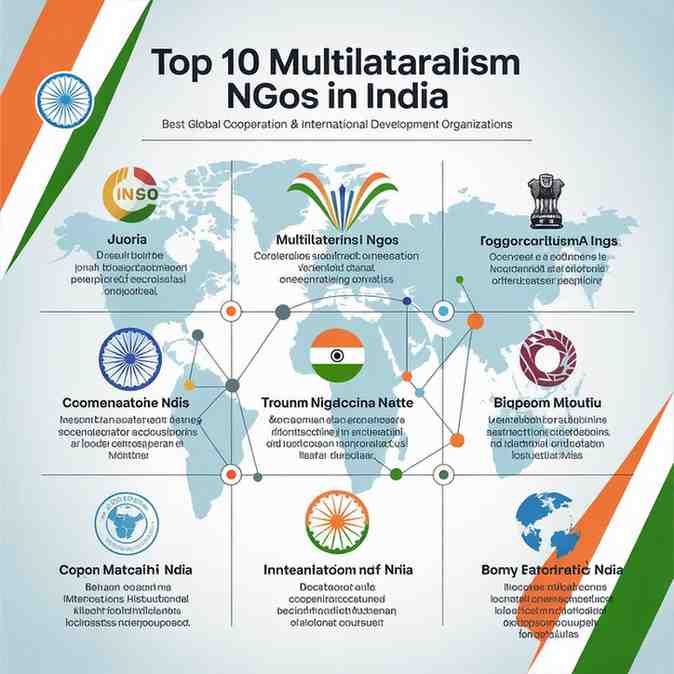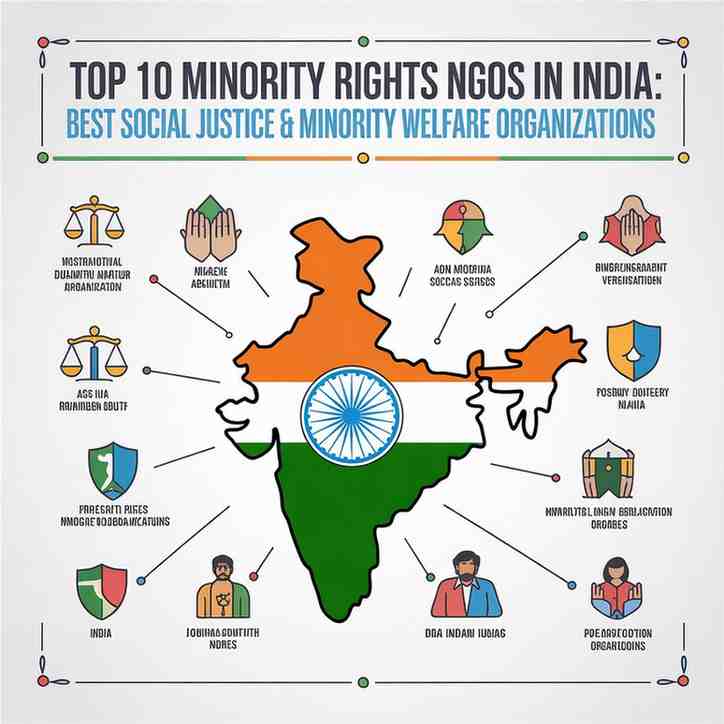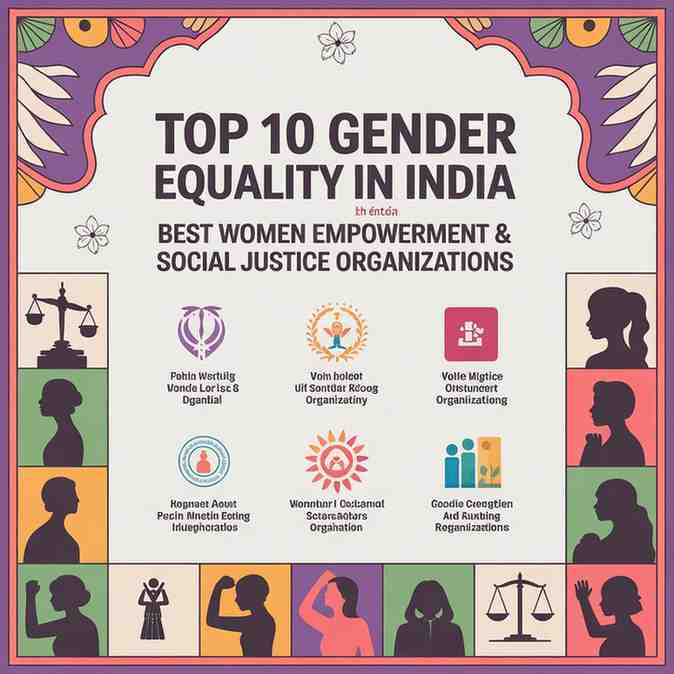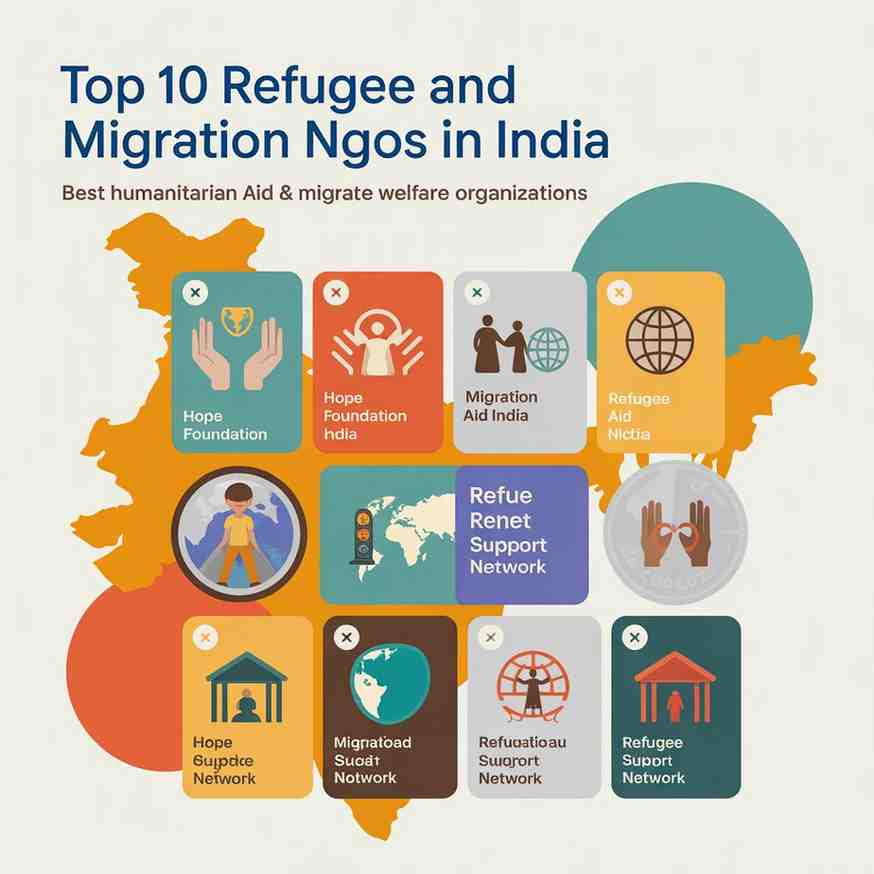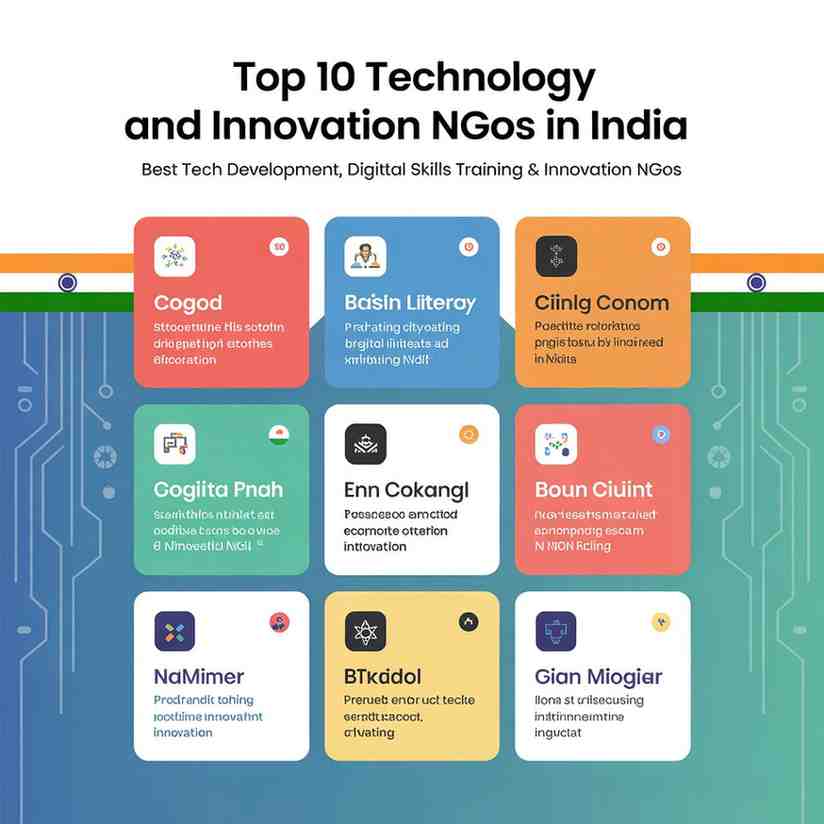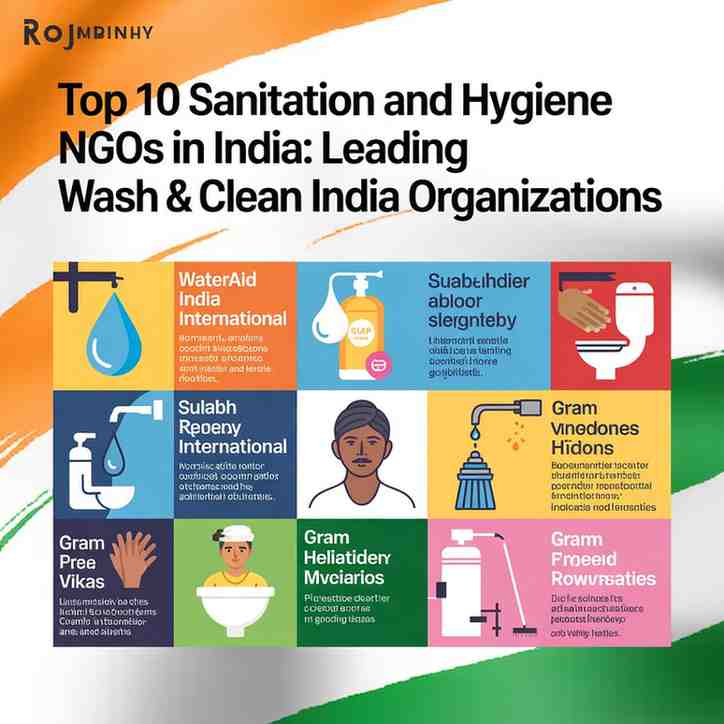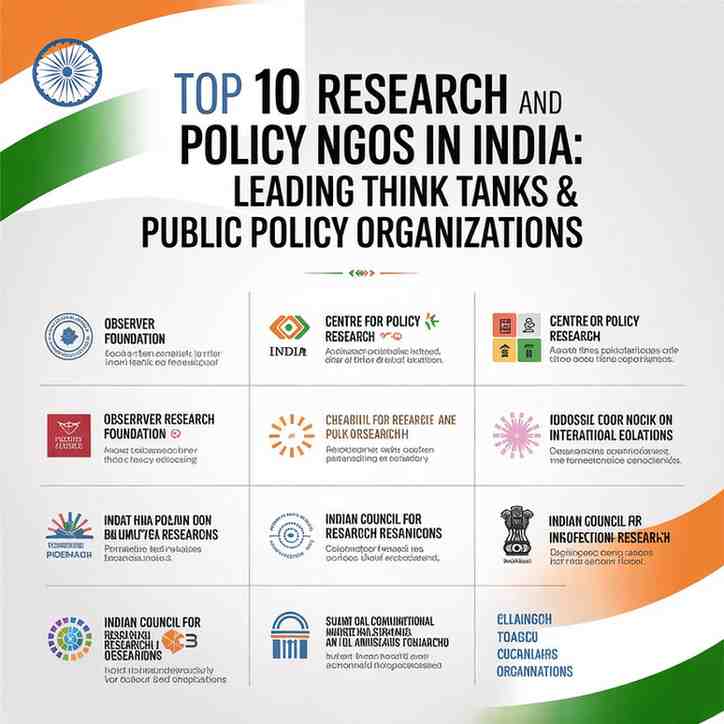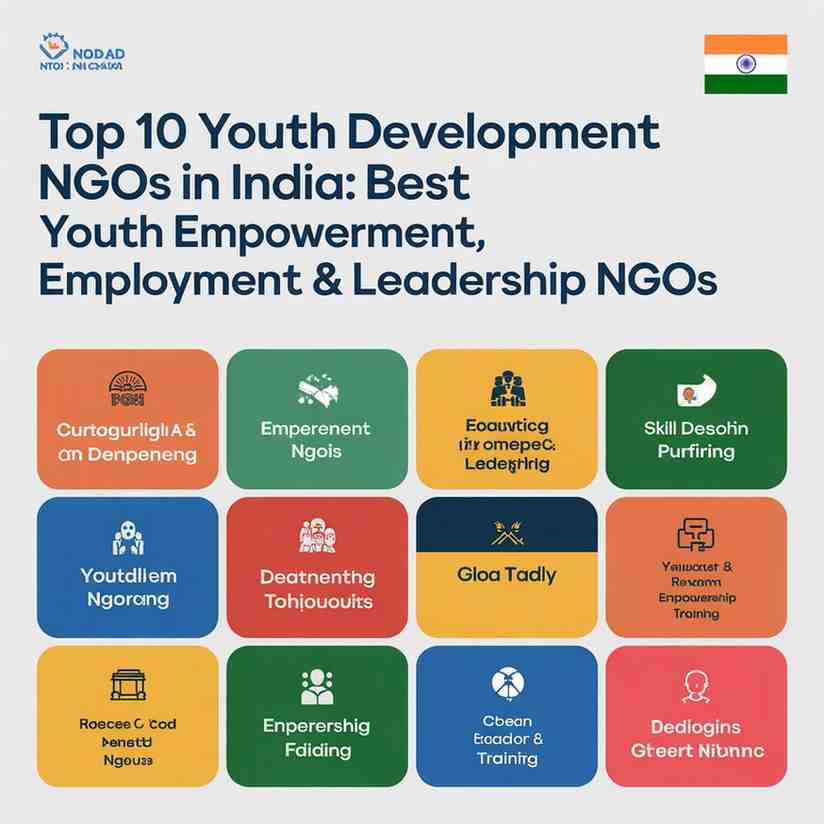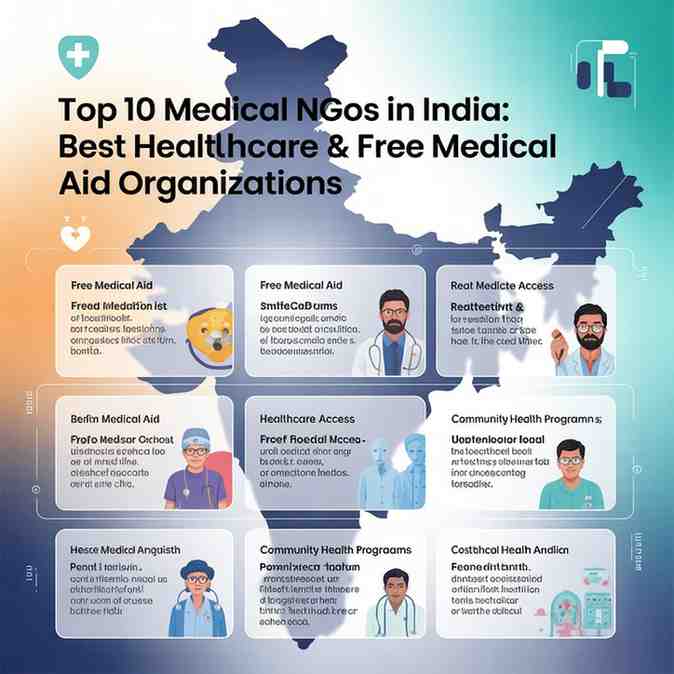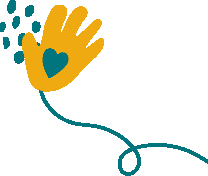Introduction
Imagine you’re stepping into a very busy training center in a rural Indian village. The place is alive with energy, young students are adapted with electronics, designs websites on shared laptops, or mastering the art of tailoring. You can sense their hope and determination as they discover job skills for youth that could change their lives forever. This is the power of vocational education, and the Unessa Foundation is leading the charge. No matter if you are a student pursuing a dream of a stable job, a parent hoping for your child’s future, or a teacher awaiting to make difference, this blog will act as a guide and will show you how skill development, vocational training, and technical education are creating the way for youth employment. Let’s explore into how skills-based education and career training are building brighter futures in 2026.
Why Vocational Education Feels Like Your Path to Success

See yourself as a teenager in a small rural village, where opportunities seem to be nowhere. Maybe you have dropped out of school, or traditional academics don’t ignite your passion. Vocational education is your chance to shine. Unlike traditional classrooms focused on exams and rote learning, vocational learning programs teach you industry-relevant skills—like repairing motorcycles, coding apps, or etc., that lead directly to jobs. In India, where over 50% of youth face unemployment or underemployment (ILO, 2024), job-oriented education is a lifesaver for them, especially for underprivileged students.
If your family income is low, challenges like poverty, limited schooling, or social stigma might make you feel success is impossible. But skills-based education offers practical training that empowers you to make it possible and break through it. Unessa Foundation’s programs focus on career-oriented education and soft skills development – key components in building supportive educational ecosystems for lasting youth success This helps you build confidence and secure a job through which you can support your family. As said by Nelson Mandela, “Education is the most powerful weapon which you can use to change the world.” With vocational training, you’re preparing that weapon to shape your future and contribute to workforce development.
Just think: instead of memorizing whole textbooks, you could be assembling computers, managing a warehouse, or planting crops with modern techniques. These skills give you independence, pride, and a role in your community’s growth.
Vocational vs. Traditional Education: What’s the Difference for You?
With pros of vocational education, you might face some cons, especially if one is from an underprivileged background. Few challenges are:
Limited Resources: In a rural area, your school or community might lack resources like computers, workshops, or even reliable electricity for technical education. A 2024 X post from a rural teacher captured it: “Our kids want to learn coding, but we don’t even have stable power.”
- Financial Barriers: If your family is struggling to afford basics, paying for training or traveling to a center might feel next to impossible.
- Lack of Awareness: If you don’t not know about free job training courses for low-income youth or how vocational training programs for adolescents in India can lead to stable careers, you won’t be able to use those resources.
- Skills Mismatch: Some programs do teach skills that one can’t align with local job markets, this makes job placement after vocational education a real challenge.
- Social Stigma: In some communities, vocational paths are seen as “less prestigious” than college degrees, discouraging you from pursuing them.
- Gender Barriers: If you’re a young woman, cultural norms, lack of safe transport, or early marriage might limit your access to rural youth education programs.
- Above challenges can feel discouraging, but Unessa Foundation is breaking down all the barriers with innovative solutions, ensuring you have the tools to succeed.
Following are the strategies to Help You Succeed in Vocational Training
Imagine you’re learning a skill that could land you a job in months. The Unessa Foundation’s skills training for underprivileged youth in rural areas is designed to make this a reality. Here’s how you can benefit from their strategies:
- Learn Market-Relevant Skills: Unessa’s programs teach industry-relevant skills like IT, tailoring, or agriculture, developed with local businesses to ensure you’re ready for youth employment.
- Get Hands-On Experience: Hands-on training for teens lets you practice real tasks, so you’re ready for job from day one.
- Build Confidence: Communication, teamwork, and problem-solving can be taught by Soft skills development, making you a standout in any workplace.
- Access Local Training: Need to travel far for training is removed by the use of mobile training units, bring career readiness education programs for teens to the village.
- Use Free Programs: Government-funded vocational training programs like Skill India offer technical skill certification at no cost, and Unessa connects you to these opportunities.
- Support for Dropouts: If you’ve left school, Unessa’s training for dropout students provides flexible, short-term courses tailored to your needs, aligning with proven strategies for engaging underprivileged students who face similar hurdles.
Imagine yourself in a workshop, where you are surrounded by tools and mentors, learning something new. Or imagine a parent watching their daughter gain confidence as she masters tailoring. These strategies make job-oriented education accessible and impactful.
How Technology Fuels Your Vocational Journey
Technology is your secret weapon in technical education. Whether you’re in a remote village or a city slum, digital tools make career training more accessible than ever. Here’s how you can leverage technology:
- Online Learning Platforms: Apps like NSDC’s eSkill India or Coursera offer free job training courses for low-income youth, letting you learn coding, hospitality, or retail skills from a smartphone.
- Virtual Labs: No workshop nearby? Virtual labs simulate blue-collar job training like welding or plumbing, so you can practice without expensive equipment.
- Engaging Apps: Apps like Duolingo for Business teach life skills for teenagers, such as budgeting or customer service, in a fun, game-like format.
- AI-Powered Learning: Artificial intelligence tailors lessons to your pace, ensuring you master skills efficiently.
- Blockchain Certifications: Digital technical skill certification platforms use blockchain to provide secure, employer-recognized credentials.
- Mobile Training Labs: Unessa’s mobile skill labs—classrooms on wheels—bring laptops, tools, and internet to your village for hands-on learning.
Imagine you’re learning to code on a borrowed tablet or practicing electrical repairs through a virtual simulation. These digital tools for special education, adapted for vocational training, adapted for vocational training—echoing the role of technology in special education to improve accessibility.
Stories That Show You What’s Possible
Want to see how skill development changes lives? These real-life success stories from skill development programs will inspire you:
- Arjun’s Journey:If you were Arjun, a 10th-grade dropout from Uttar Pradesh, you might’ve felt trapped by poverty. Unessa’s best skill development programs for school dropouts taught you IT support, including hardware troubleshooting and networking. Now, you work for a telecom company and train others in your village, proving that vocational training helps unemployed youth.
- Fatima’s Breakthrough:Picture yourself as Fatima from Bihar, joining Unessa’s baking course. After earning a technical skill certification, you received a startup loan and opened a bakery stall. Your business is thriving, and you’re saving to open a café, showing the power of rural youth education programs.
- Mohit’s Career:As Mohit, you trained in solar panel installation through Unessa’s program. Within months, you were employed in a government rural electrification project, lighting up villages and your future.
- Leela’s Leadership:If you were Leela, you’d have learned tailoring and garment design. Now, you run an all-women tailoring cooperative employing 20 young women, showcasing how career readiness education programs for teens empower communities.
These stories prove that with vocational education, you can achieve more than you ever imagined.
What will be your Role as a Parent or Teacher
As a parent, you can bring the change by encouraging or motivating your child to explore their strengths. Success isn’t just about degrees, it’s about passion and opportunity. If your child loves fixing things or cooking, vocational training could be their path to greatness.
If you’re a teacher, you’re a game-changer. Share information about free job training courses for low-income youth, help students discover their talents, and celebrate practical skills. Organize awareness campaigns or invite vocational graduates to inspire your students, breaking the stigma around blue-collar job training.
Resources to Get You Started
Ready to explore vocational education? These resources will guide you:
- Books: Vocational Education and Training in India by P.K. Saxena; Skilling India: The Billion People Challenge by Santosh Mehrotra.
- Tools: Skill India Portal and eSkill India for free job training courses for low-income youth; Unessa’s mobile app for job-oriented education.
- Websites: Unessa Foundation; Skill India Portal.
- Communities: Join X groups like “Skill India Youth” for updates on youth skill development.
- Government Programs: PMKVY, DDU-GKY for rural youth education programs, and Samagra Shiksha for inclusive education.
Imagine you’re a student accessing a free course on the Skill India Portal. These tools are your gateway to opportunity.
Conclusion: Build Your Future with Vocational Education
In 2025, vocational education is more than just training—it’s a movement empowering underprivileged students. Through skill development, career training, and workforce development, the Foundations are helping people break free from poverty and build their life of purpose. By overcoming challenges like stigma, and using government-funded vocational training programs, you can create a future full of possibility. Start small—start today.
💛 Donate to learning kits to children with disability and training programs 💛
Your donation helps us fund:
- Emotional health toolkits for classrooms
- Training sessions for teachers and caregivers
- Mental health workshops and counseling support
- Art and play therapy sessions for children in trauma
Even a small monthly contribution can fund mindfulness materials, journals, or wellness kits for multiple children.
Want to see how effective digital platforms can amplify NGO impact? Check out The Power of NGO Websites: Examples and Key Elements.
